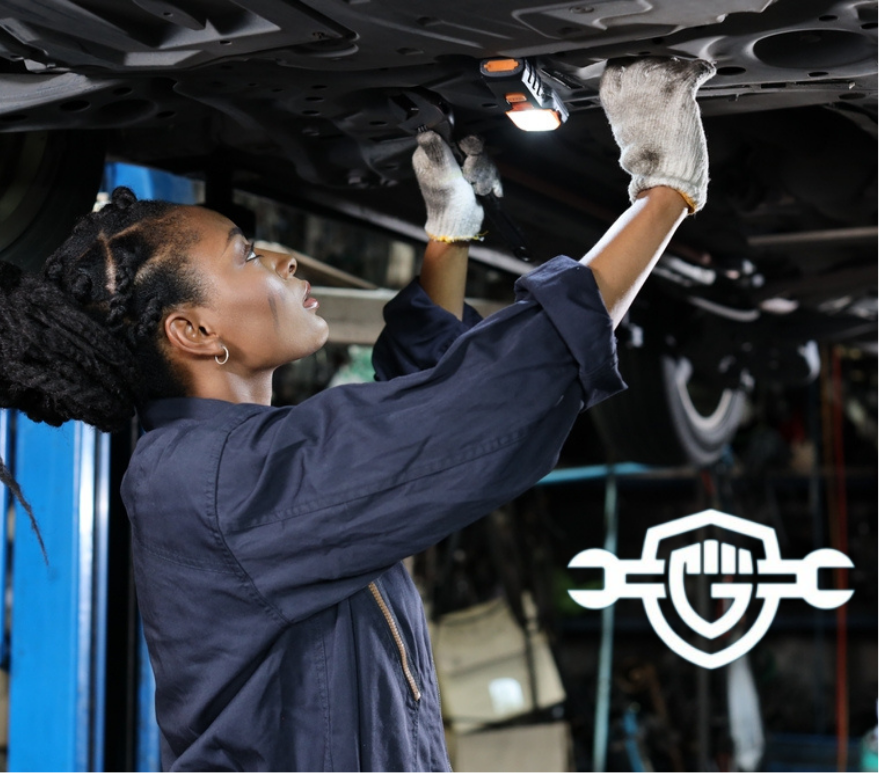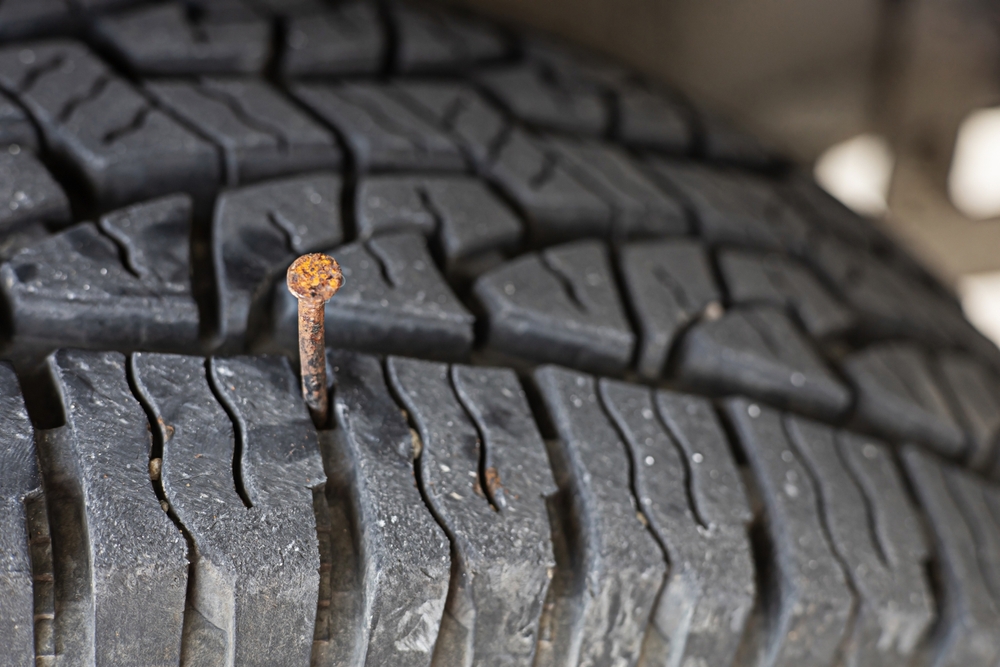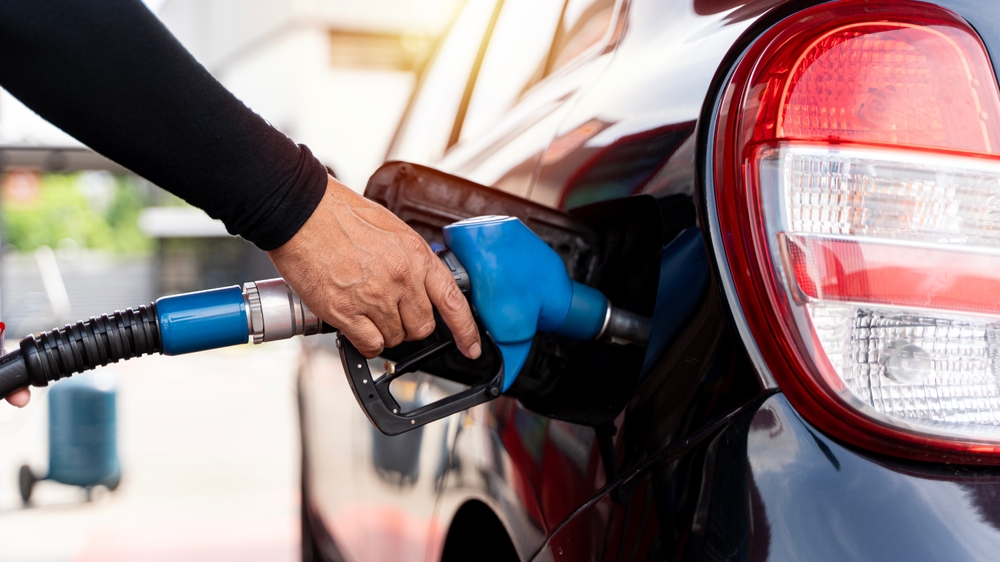What is Checked During a Vehicle Inspection?
Published on
May 6, 2025
.png)
Whether you live in a state that requires it upon renewing your registration or you just want to more thoroughly determine a vehicle's condition before selling it or buying one, a vehicle inspection represents a comprehensive assessment that can evaluate safety, overall condition, and value.
So what's a vehicle inspection? Here's a closer look at what you can expect when you bring your vehicle to a GreatWater garage for an inspection:
Inspecting Key Exterior Components for Damage and Safety
A vehicle inspection is a comprehensive overview of the vehicle - and one of the most important aspects of any inspection is assessing a vehicle's safety features and components. Vehicle inspections are required to follow standards and regulations to ensure that they're safe enough for the road. While these safety standards tend to vary by state, vehicle inspections will often address various safety components and safety-related parts and components, such as lights and turn signals, mirrors, steering, brakes, advanced safety features, and more.
Reviewing Engine Health and Transmission Functionality
The two most important components under the hood of any vehicle are its engine and transmission. Vehicle inspections will typically carefully assess the condition of the engine compartment to see if anything needs to be addressed. Inspections also often assess the transmission. To test both these components, a technician will do more than just perform a visual assessment. In many cases, they'll start the vehicle and test drive it to better determine if there are any issues with the engine or transmission.
Evaluating Brake System, Suspension, and Tire Wear
Your vehicle's brakes are essential to driving safety, so it makes sense that the brake system is often carefully assessed during a vehicle inspection. It's common for technicians to examine the condition of brake rotors and brake pads as well as visually inspect for fluid leaks.
An inspection will often also assess the condition of the suspension and tires. Your vehicle's suspension is key to ensuring a smooth ride - and shocks, struts, and springs help facilitate this. Tires are another important safety component. If the tires aren't in good condition or the tread is worn down to 2/32" or less, it's going to impact the vehicle's ability to stop.
Ensuring Proper Fluid Levels and Electrical System Performance
A technician will assess the levels and quality of the six main types of fluids that vehicles need to function. These fluids are:
- Engine oil
- Transmission fluid
- Brake fluid
- Power steering fluid
- Windshield wiper fluid
- Coolant
In some cases, the fluid may be old and contaminated with debris and other particulates and require a flush and re-fill.
Today's vehicles also feature highly advanced electrical systems designed to power all the bells and whistles. Technicians will also carefully inspect the electrical system and replace any fuses or sensors as necessary. Checking the condition of the battery is also often included.
Contact GreatWater Today
For more information on what to expect from a vehicle inspection and to make an appointment, contact your local GreatWater-affiliated garage today.


